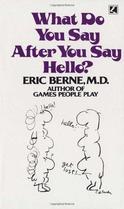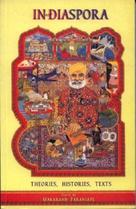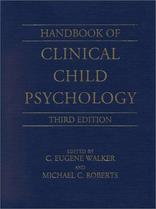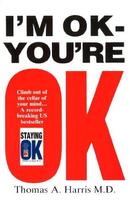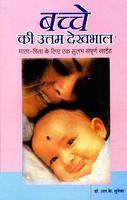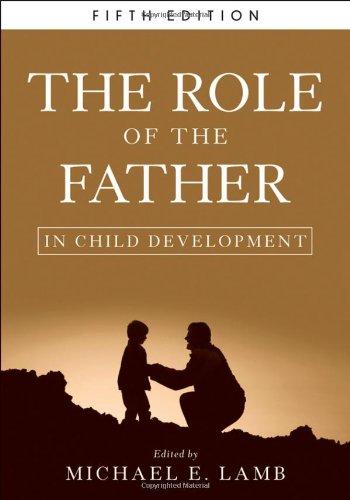 14.0%OFF
14.0%OFF

Download App
| >> | LShop | >> | Book | >> | Society & Social Sci... | >> | Psychology | >> | The Role Of The Fath... |
 14.0%OFF
14.0%OFF
The Role of the Father in Child Development
-
ISBN
:
9780470405499
-
Publisher
:
Wiley
-
Subject
:
Psychology, Social Services & Welfare, Criminology, Family & Health
-
Binding
:
HARDCOVER
-
Pages
:
672
-
Year
:
2010
₹
8099.0
 14.0% OFF
14.0% OFF
₹
6965.0
Buy Now
Shipping charges are applicable for books below Rs. 101.0
View Details(Imported Edition) Estimated Shipping Time : 25-28 Business Days
View Details-
Description
The Definitive reference on the important role fathers play in child development todayEdited by Dr. Michael Lamb—the recognized authority on the role of fathers in child development, The Role of the Father in Child Development, Fifth Edition brings together contributions from international experts on each subject to provide a thorough and current summary of the state of fatherhood across cultures, classes, economic systems, and family formations. This classic guide offers a single-source reference for the most recent findings and beliefs related to fathers and fatherhood. This thoroughly updated new edition provides the latest material on topics such as:The effects of divorceFathers from low-income backgroundsStepfathers’ lives: exploring social context and interpersonal complexitySocial policyGay fathersFatherhood and masculinityThe definitive book on when, why, and how fathers matter to their children and families, The Role of the Father in Child Development, Fifth Edition is an essential reference for all mental health professionals who endeavor to understand and support fathers in becoming positive influences in their children’s development.
-
Author Biography
MICHAEL E. LAMB, PhD, is Professor of Psychology in the Social Sciences, Cambridge University, and has served as head of the Section on Social and Emotional Development at the National Institute of Child Health and Human Development. His current research is concerned with the evaluation, validation, and facilitation of children’s accounts of sexual abuse; the effects of domestic violence on children’s development; the effects of contrasting patterns of early child care on children and their families; and the description of early patterns of infant care in diverse sociocultural ecologies.
Related Items
-
of












 6965.0
6965.0





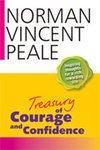
 131.0
131.0



